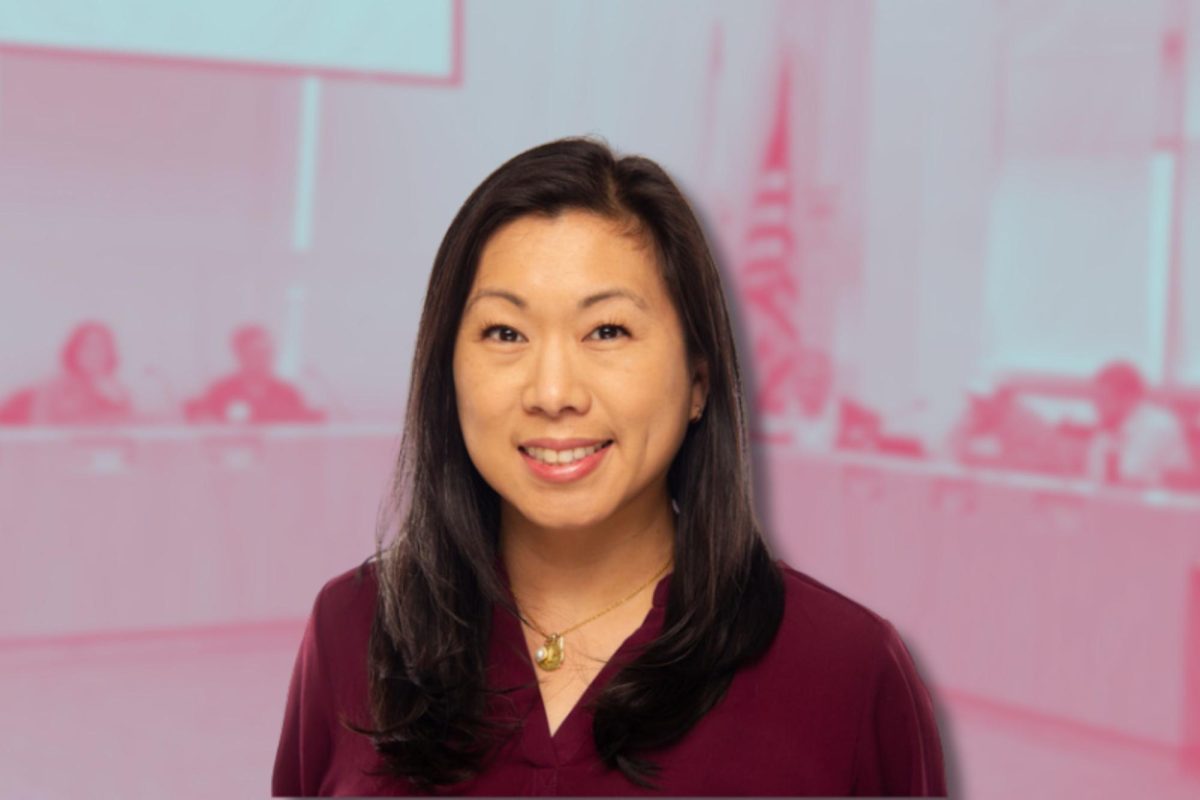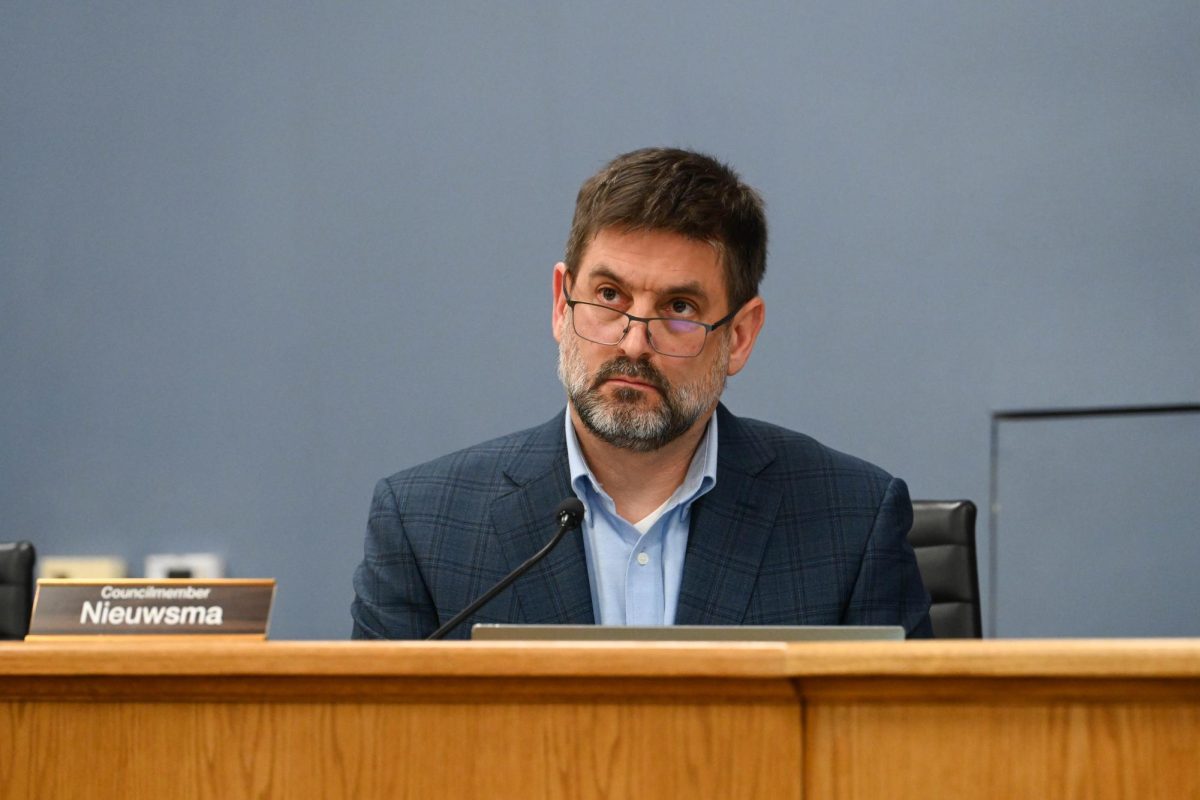Cook County will soon distribute $1,000 payments to some homeowners who saw a significant spike in property taxes in the past years, the county announced in April.
The Homeowner Relief Fund — a $15 million slice of the county’s 2025 budget the commissioners approved in October — will finance payments to homeowners whose household income is no more than the area median and whose property tax has increased by 50% in one year since 2021.
The county estimates roughly 110,000 households will be eligible for relief, said Dominic Tocci, a deputy bureau chief at the county’s Bureau of Economic Development, which directs the effort. He said the program is expected to fund up to 14,000 payments, and if needed, a lottery system will select the recipients, similar to the county’s guaranteed income pilot that concluded last year.
“We are mindful of the size of the fund that we have,” Tocci said. “We wanted to try to target the relief to those who really need it the most.”
Cook County Commissioner Bridget Gainer, whose district spans Chicago’s North Side, spearheaded the creation of the Homeowner Relief Fund. In a statement to The Daily, Gainer said the idea was born out of meetings with more than a thousand constituents over the past few years.
“Homeowners need stability right now, and immediate cash relief is the most efficient way to provide that,” Gainer said in the statement. “A $1,000 payment towards property tax bills gives households time to plan and adjust for the year, especially when considering the many homeowners who pay property taxes through monthly mortgage payments.”
To implement the program, Cook County contracted with the Colorado-based company AidKit, who also administered the county’s guaranteed income pilot.
Brittany Christenson, the company’s CEO, said it is tasked with designing the online application for the program, verifying and selecting applicants, and distributing payments. She said the company will also collaborate with community-based organizations to provide in-person applications.
Though Christenson said AidKit is still finalizing the program’s timeline, payments are expected to go out this summer, around the time when the second installment of last year’s property taxes are due.
The relief program comes as Cook County saw another increase in its property tax levy last year. The county’s total tax bill for 2023 amounted to over $18.3 billion, up from $17.6 billion in 2022, and is at least the 30th consecutive annual increase according to the Treasurer’s Office.
About a quarter million county homeowners saw their property tax spike by at least 25% in one year between 2021 and 2023, according to data released by the Cook County Assessor’s Office in early May. This includes more than 2,400 homeowners in Evanston, whose property tax increased by an average of $2,250.
Cook County leaders have branded the Homeowner Relief Fund as short-term aid while the county continues exploring long-term reforms to its property tax system — some of which are carried out by the county’s Property Tax Reform Group.
The group — whose members include Cook County Board President Toni Preckwinkle, Assessor Fritz Kaegi, State’s Attorney Eileen O’Neill Burke and other high-level county officials — is an inter-office collaboration to tackle inefficiencies and inequities in the county’s property tax system, said Jim Thompson, the director of property tax policy for the Office of the President.
According to Jessica Lach, a project manager in the Office of the President, the group has identified several areas for reform, including addressing the high number of property assessment appeals and implementing an integrated data management system.
In 2023, the group orchestrated a study on property tax exemptions. The Assessor’s Office offers a variety of exemptions, such as those for seniors and long-term residents, which Lach said is the county’s main form of property tax relief.
Lach said the group is now pushing for legislation in Springfield to reform the state’s tax code regarding exemptions. The group is also exploring alternatives to exemptions such as the Senior Freeze program, which freezes the taxable value of an eligible homeowner’s property, she said.
The Illinois General Assembly is also considering a “circuit breaker” program, backed by Kaegi, that would give relief to some homeowners who saw their property tax spiked 25% or more in one year — though Thompson said the Property Tax Reform Group is cautious about programs that would “(make) the Band-Aid larger” instead of systemic reforms.
A similar local program, sponsored by Ald. Clare Kelly (1st), is expected to return to the Evanston City Council in the coming weeks.
Gainer, stressing the need for immediate aid through the Homeowner Relief Fund, also echoed the call for long-term reforms, especially those that target seniors and other vulnerable populations.
“While I, and many of my colleagues, will continue to advocate for reform in Springfield, these types of structural changes don’t happen overnight,” Gainer said in the statement. “From the research we conducted, we know seniors are particularly vulnerable to property tax volatility and the (Senior Freeze) has not kept pace with inflation or Social Security over the years, so that is definitely one area of reform to explore.”
Email: [email protected]
X: @caseeey_he
Related Stories:
— Councilmembers, community activist propose ‘circuit breaker’ for property tax, rent relief
— Evanston avoids property tax hike amid ‘sobering’ budget outlook
— Illinois voters cast ballots in favor of Property Tax Relief and Fairness Referendum



